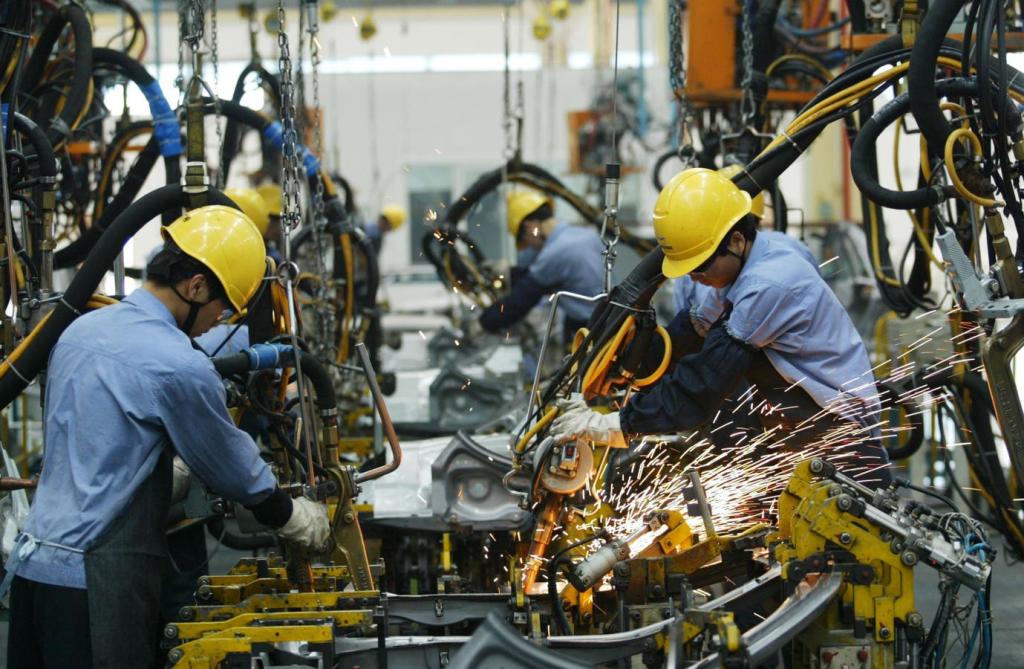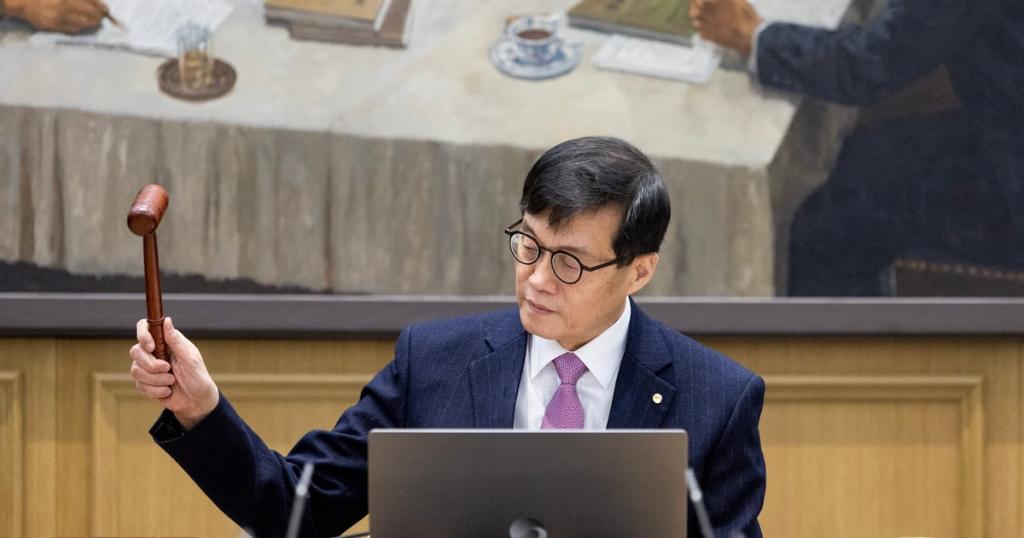Volkswagen's Labor Agreement Secures Jobs and Future Growth
Volkswagen's new labor agreement balances job security and production adjustments, ensuring a sustainable future amidst evolving market challenges.
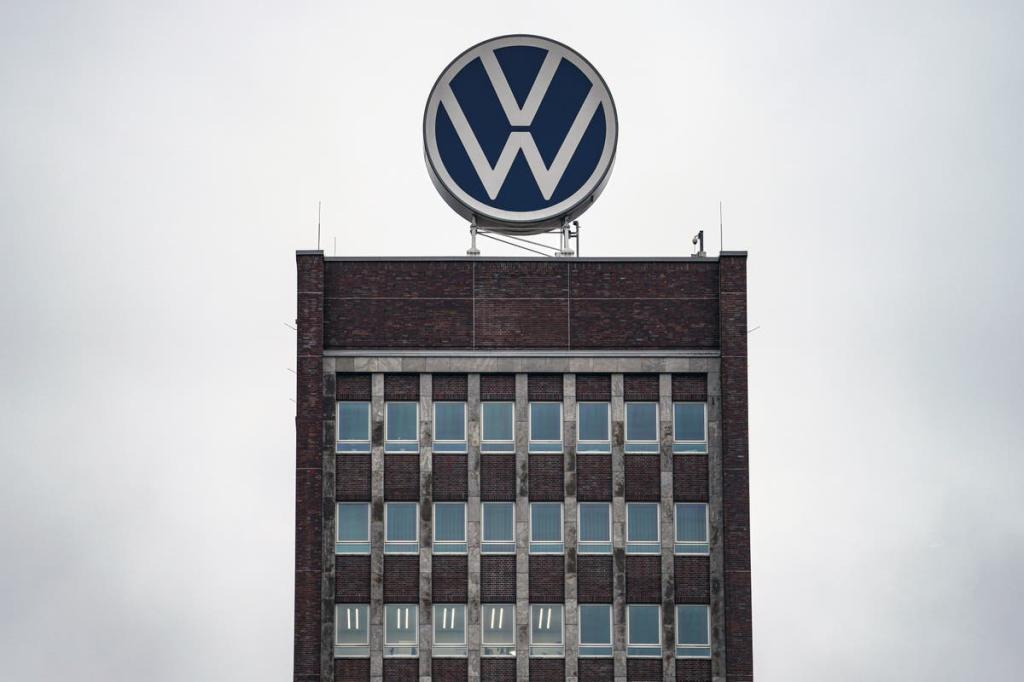
Key Points
- Volkswagen
reached a labor agreement that secures jobs and avoids mass layoffs while committing to reduce production capacity by 734,000 vehicles annually.
- The deal comes after extensive negotiations, showcasing collaboration between VW and IG Metall
to balance operational efficiency and employee security.
- This agreement positions Volkswagen to navigate the evolving automotive market while reinforcing its commitment to job stability through 2030.
The automotive industry is witnessing a significant transformation, and amidst this change, Volkswagen (VW) stands at a pivotal moment. After extensive negotiations, the German car manufacturer has successfully reached a labor agreement that not only aims to prevent mass layoffs but also retains critical production capabilities in Germany. This deal comes after weeks of intense negotiations with the powerful IG Metall union, reflecting the complex dynamics faced by both labor and management in today’s economic landscape.

A Compromise to Secure Jobs
Under this new agreement, VW has committed to eliminating over 35,000 positions by 2030, but in a “socially responsible” manner. This means that the company will not engage in compulsory layoffs. Instead, they will offer incentives for voluntary redundancy and support retiring employees without replacing them. This thoughtful approach is essential in today's economy, where job security features prominently on workers' minds.
In a remarkable show of solidarity, workers staged massive strikes across nine VW factories, with around 100,000 employees taking part. Such collective action underscores the importance of unity and negotiation in challenging times. This labor agreement can be viewed as a triumph for the workforce, as it successfully avoids immediate factory closures and affirms job security until 2030.
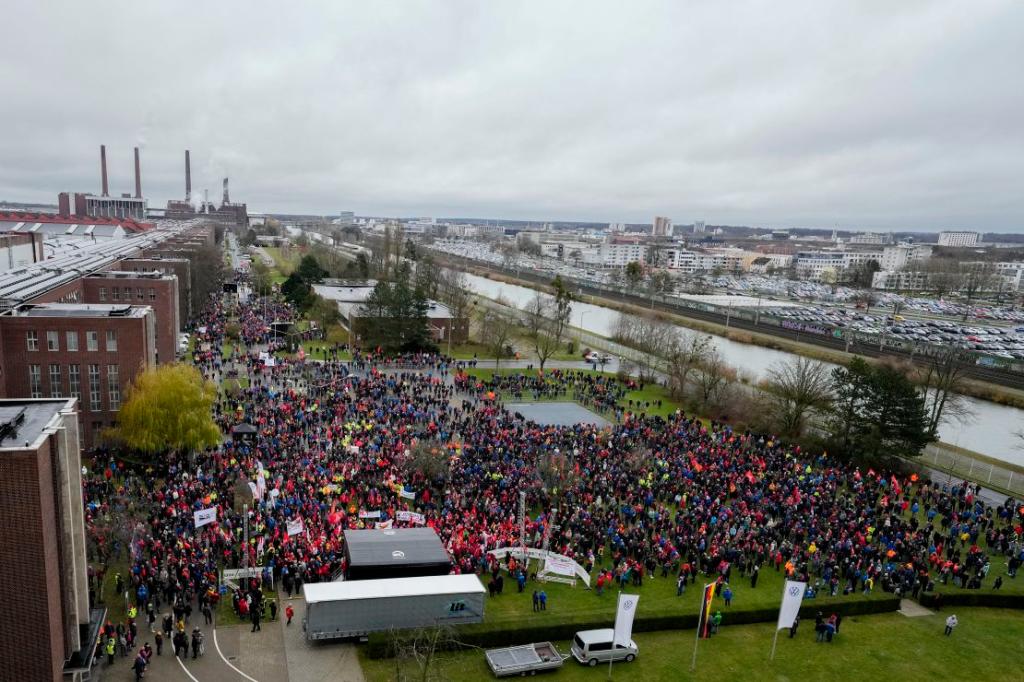
Strategic Capacity Reductions
While the commitment to job security is commendable, there has been a necessary focus on operational efficiency. The agreement entails significant reductions in production capacity at several German plants, particularly reducing the annual output by up to 734,000 vehicles. This difficult decision was made to realign VW with current market realities, especially as the company grapples with decreased demand in Europe and increasing competition from manufacturers in China.
CEO
highlighted the significance of this agreement, calling it an “important signal for the future viability of the Volkswagen brand”. By restructuring the production capabilities and implementing cost-saving measures, VW aims to position itself strongly against cheaper rivals. Furthermore, reducing operational costs without compromising jobs is a balancing act that the company is keen to perfect as it strives for a financially sustainable future.

Embracing Change in a Competitive Landscape
The agreement reflects a broader trend in the automotive industry, where companies are reevaluating their strategies in response to the rapid decline of traditional car markets and the simultaneous rise of electric vehicle (EV) demand. Volkswagen's pivot aims to solidify its future as it invests heavily to become a leading force in the EV market while still addressing the existing workforce's concerns.
Additionally, VW will explore shifting production lines, such as moving assembly from Germany to Mexico for models like the Golf and ceasing EV production at specific German plants. Such decisions illustrate the need for adaptability in a market that is continuously evolving. As competition grows fiercer, companies must proactively seek new ways to streamline operations while ensuring that their employees remain secure.

A New Era for Volkswagen and Its Workforce
This agreement marks more than just a settlement between parties; it symbolizes hope and resilience in the face of adversity. The collaboration between VW and IG Metall showcases the power of negotiation and the significance of understanding both business and workforce needs. As the automotive landscape transforms with technological advancements and new competitors, the steps taken today will undoubtedly pave the way for future innovations and job security.
In these challenging economic times, the commitment made by Volkswagen speaks volumes. It highlights a dedication to not only ensuring operational viability but also safeguarding the livelihoods of thousands of employees. As we look to the future, VW’s approach serves as a valuable case study on the importance of collaboration in navigating change and achieving growth.
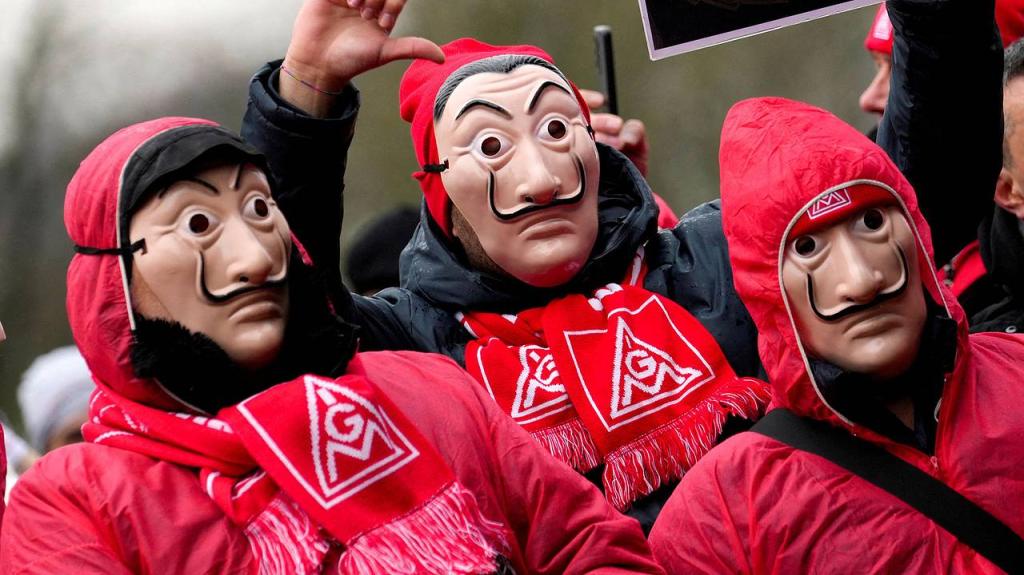
The road ahead may still present challenges, but with labor and management united, Volkswagen can confidently move forward, solidifying its role as a pillar of the automotive industry in Germany and beyond.

